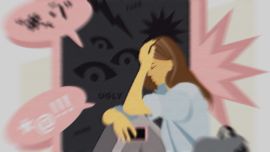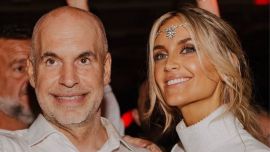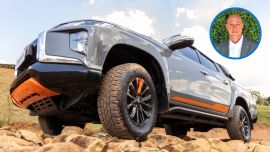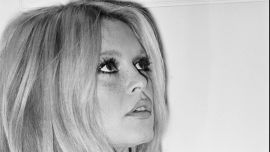And just as the tussle between Buenos Aires province hopefuls Esteban Bullrich and Cristina Fernández de Kirchner dominated headlines for months ahead of the vote in October, so too was life at the Primera giants turned upside down by their latest elections.
A member’s right to decide who sits at the head of the board is sacred. Almost every professional Argentine club is run, in name at least, as a civil, non-profit society, owned by its members who are entrusted with electing a president to administer institutional affairs.
Terms are fixed and usually limited, meaning in most teams – and in theory at least – no president can take effective permanent control of affairs and finances. The system is in stark contrast to the norm in Europe, where the vast majority of teams are in the hands of private investors or public stockholders, with the common fan given little say over how the institution is run.
This latest round of elections saw three incumbents from wildly differing backgrounds put their records to the public vote.
Racing Club’s Víctor Blanco, an immigrant from Galicia turned businessman and current owner of the Savoy Hotel in Buenos Aires, saw off the challenge of young entrepreneur Matías Gainza Eurnekian, while at River Rodolfo D’Onofrio, an insurance executive and consultant by trade, was elected with a resounding 75 percent of the vote over Antonio Caselli. Independiente saw teamsters boss and former CGT leader Hugo Moyano returned to power with an even bigger share: in the wake of Copa Sudamericana victory just days before the election, 89 percent of voting members chose the often-controversial trade unionist, whose son Pablo acts as the club’s first vice-president.
The trio of winners shared not just overwhelming support from fans for second terms, but also campaigns that – similar to those in the legislative elections – were never far from controversy.
River’s vote was previously suspended through a resolution handed down by Judge Claudio Bonadío, who ensured his name would stay in the headlines after his controversial treason charges against Kirchner and other former government functionaries. Bonadío deemed that suspicions surrounding dead or missing members on the electoral roll were sufficient to delay the election; D’Onofrio’s supporters later dedicated the judge and Caselli a derogatory chant when the results confirmed the incumbent’s crushing win.
Moyano, too, has been in the eye of the storm. The Independiente campaign was marred by accusations of barra brava intimidation against coach Ariel Holan – who resigned his post this week after months of travelling under police protection as a result of the extortion attempts – as well as the arrest of vice-president Noray Nakis, on charges of forming an illicit association with the barra to take a cut of the illicit car parking and merchandise sales on match days. While Blanco’s travails just down the road in Avellaneda were not nearly as serious, the Racing president also took flak in some sectors for hiring out El Cilindro for Kirchner’s pre-election rally and for a mediocre 2017 on the pitch. As in any area of Argentine society, any discussion, politics is rarely far away.
The lesson, then, from this latest batch of elections is that incumbents are extremely hard to beat. In common with most general or provincial plebiscites, those in charge have far more power to mobilise supporters – and, when push comes to shove, most voters tend towards a familiar face rather than taking a leap into the unknown.
But members at least know the constitutional guarantees are in place to remove an unpopular supremo, a feat much harder to achieve at clubs run directly from the boardroom. Hated Newcastle United owner Mike Ashley, for instance, is only now selling up after a seemingly eternal 10 years at the helm; other clubs, most recently historic London instution Leyton Orient, have been run to the brink of inexistence by greedy or incompetent administrators.
Is democracy a safeguard against all boardroom excesses? Of course not. Many Argentine clubs are in desperate straits because of their elected officials’ mismanagement, while particularly wily (not to say unscrupulous) presidents like ex-Newell’s chief Eduardo López can entrench themselves for years in the role with clever manipulation of the courts and electoral process. López went 14 years without holding an election in Rosario, and is now facing serious charges of corruption while Newell’s themselves are still feeling the effects of more than a decade of the former head’s pilfering of club accounts. But the vast majority of football fans are determined to keep the system in place and ultimate power in their hands, celebrating each election as a reaffirmation of this unique sporting democracy.




















Comments